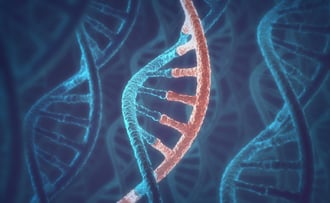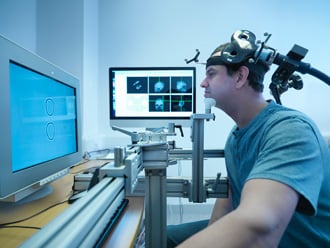MicroRNAs May Have Therapeutic Potential for Alcohol-Induced Liver Injury
MicroRNAs, or miRNAs, are short strands of RNA that play important roles in gene regulation. In two recent studies, researchers supported by the National Institute on Alcohol Abuse and Alcoholism (NIAAA) identified two miRNAs that may help protect against alcohol-induced liver injury. Paramananda Saikia, Ph.D., and colleagues at the Cleveland Clinic, in studies conducted in … Read more



